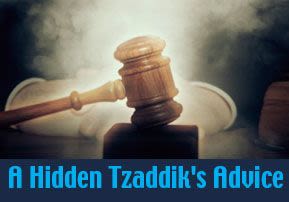
A Hidden Tzaddik’s Advice
The Mishna says that when we take the Judge's seat on others, Hashem - measure for measure - places us in a similar position, putting us in the court where we convicted them…

The Mishna in Avot says: "Do not judge your friend until you have reached his place." When do we reach our friend's place and why does the Mishna state it this way?
One of the 36 hidden tzadikim from the previous generation, a man who wandered penniless through the streets of Boro Park, was once asked a question by Rav Yaacov Perlow shlit"a, aka the Noviminsker Rebbe:
"Every mitzva has a hiddur (a way of fulfilling a commandment in the most beautiful and optimum way). So what is the hiddur of judging others favorably?"
The tzadik replied to the rebbe: "Do not judge your friend at all."
Judging another Jew requires a wild leap of faith in our own perception. As accurate as our judgement may be in assessing events, assumptions have far reaching (and sometimes painful) consequences, especially when the person is very close to you.
"Do not judge your friend at all" means to eject yourself immediately out of the court of your mind or 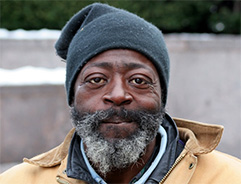 judge's chair and find solace in being ignorant, misinformed, or even dumb about the situation, regardless of the feelings you have inside.
judge's chair and find solace in being ignorant, misinformed, or even dumb about the situation, regardless of the feelings you have inside.
There is a part of us that is always judging. It's natural and human.
When we look at anything, we size it up, measure it, or gauge it's quality. However, unlike inanimate objects, our fellow brothers and sisters (including spouses, family, and children) aren't static…they are always changing!
…even when we don't notice anything different about them…
The ability of a person to change completely (without anyone knowing about it) is highlighted by a Gemara passage often quoted that if a Jewish man marries a woman on condition that he is a tzadik…the wise sages consider him halachically married because he may have had thoughts of teshuva (rendering him righteous, according to the Torah in Hashem's merciful eyes) before he betrothed her. To this degree (and that quickly) a person's spiritual status (in Hashem's eyes) can change. A man's thoughts of regret and his new desire to be different) renders him halachically a tzadik!
However, somehow we have such ingrained faith in our experience (or perception of our experience) with others. We claim to know them, and know them well. "Do not judge your friend at all" says to turn our backs away from that experience (or series of events) and to look with new eyes at the same beloved person. Recognize their good points and qualities. Know that as Jews, we naturally regret our sins & mistakes and can assume that this built-in conscience is a vital part of our essential goodness.
The Mishna is saying that when we comfortably take the Judge's seat on others, Hashem – measure for measure – places us in a similar position, putting us back in the court where we convicted them. The necessary details are left out on purpose, and there is no redeeming testimony brought to guarantee a favorable outcome. The mishna is hinting that we may be judged, Heaven forbid, in our friend's place with our own measure of consideration, kindness or harshness.
Often we would rather be glad to consider ourselves dumb, ignorant, or misinformed of the real facts..and remain comfortably out of the Judge's chair. The Gemara in Tractate Shabbos advises us to assess the merits and qualities of others so we are similarly judged by the court of Heaven. However, the highest practice and best advice is:"don't judge your friend at all."


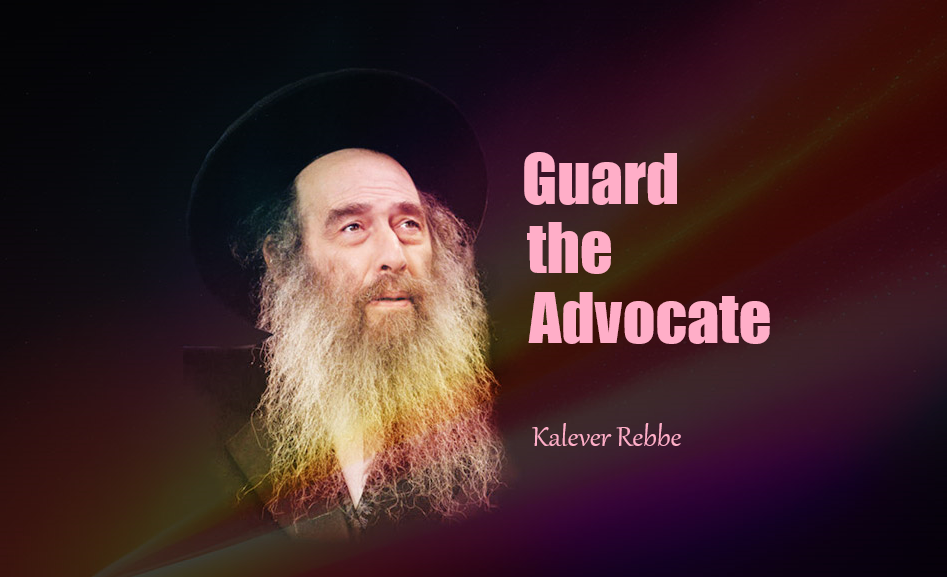

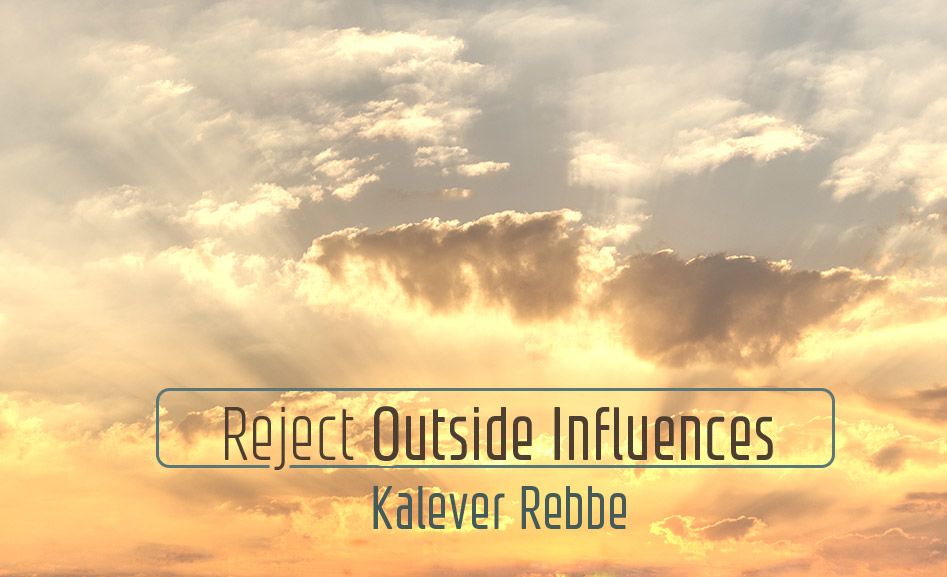
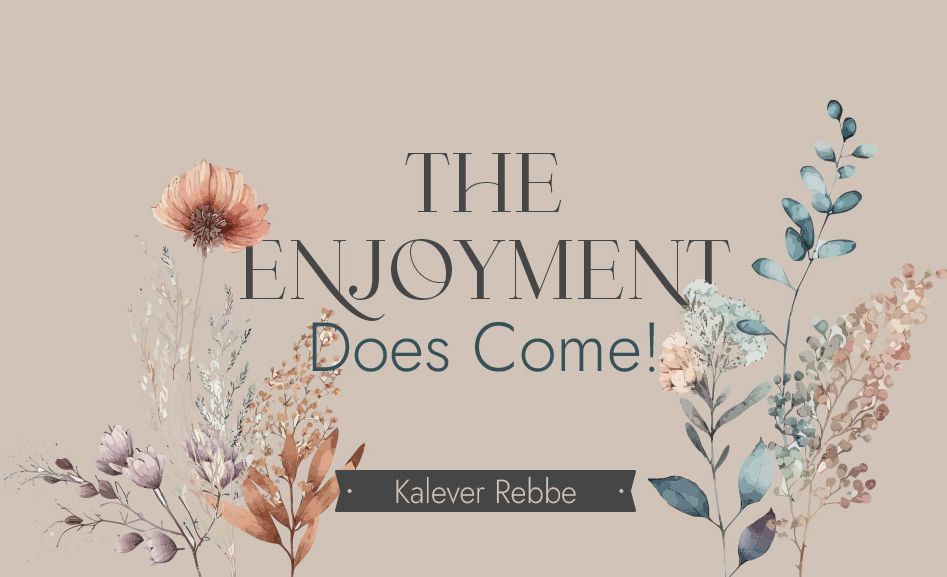
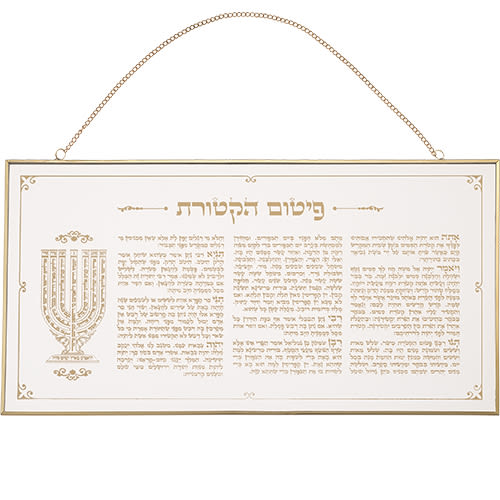
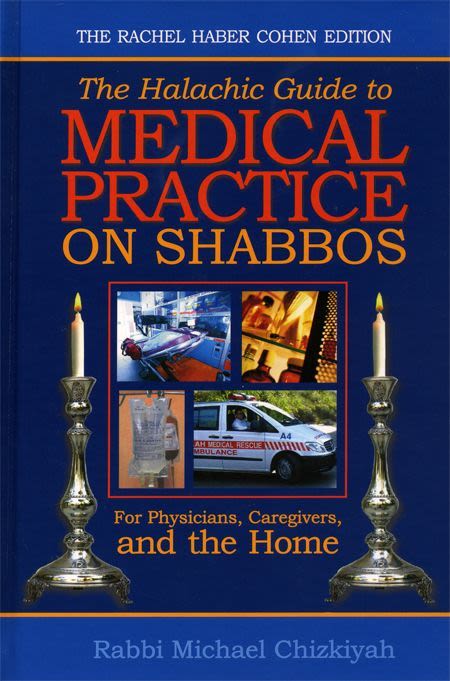
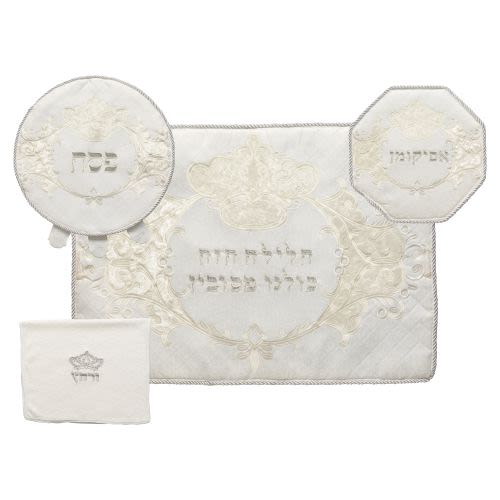
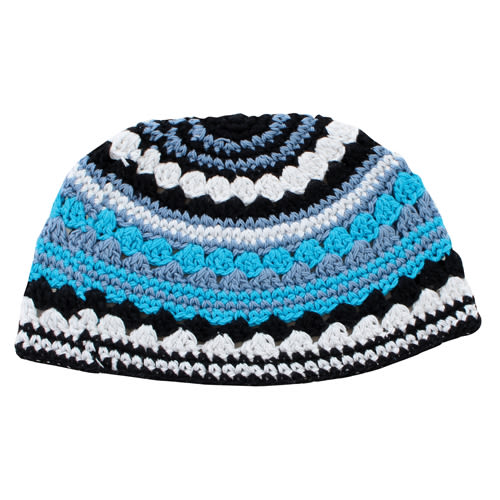

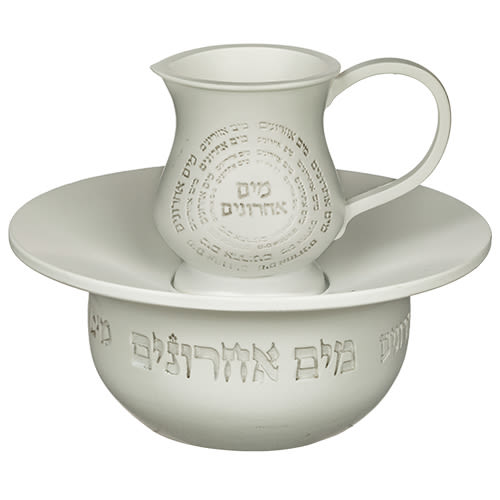
Tell us what you think!
Thank you for your comment!
It will be published after approval by the Editor.